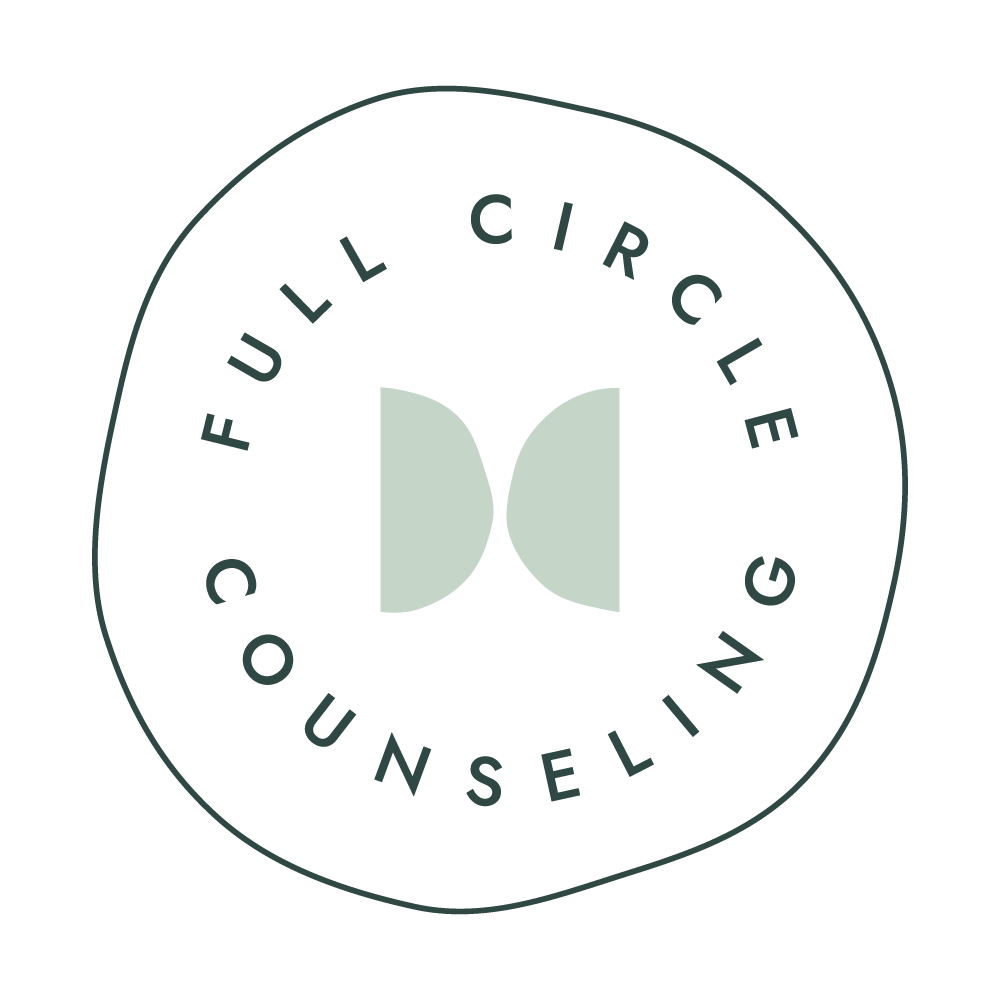Grief and Loss
Grief and loss are profoundly personal experiences that touch every aspect of our lives. Whether it's the death of a loved one, the end of a relationship, or any other significant loss, the emotional impact can be overwhelming. For children, grief may manifest in various ways. They might show changes in behavior, such as increased clinginess, trouble sleeping, or difficulties in school. Younger children might struggle to understand the permanence of loss, leading to confusion and anxiety. Teens, on the other hand, may express their grief through withdrawal, anger, or a sense of isolation as they navigate their evolving emotional landscape.
Adults also grapple with the complex emotions of grief, which can be particularly challenging amidst daily responsibilities and roles. Feelings of sadness, anger, guilt, or numbness are common, and these emotions can interfere with daily functioning and relationships. Adults might experience disruptions in their work life, difficulty concentrating, or changes in their social interactions. The grieving process can be deeply personal and non-linear, with waves of emotions that can feel unpredictable and intense.
Therapy offers a compassionate space to explore and understand these feelings. A skilled therapist understands the longevity and depth of pain that comes with grief, and they can help individuals and families process their grief in a safe space. Through therapy, clients can develop coping strategies, find ways to honor and remember their loved ones, and gradually work toward healing. It’s a supportive environment where you can express your emotions openly. If you or your loved one is struggling with grief, seeking professional support can be a meaningful step toward finding comfort and restoring a sense of balance in your life.




